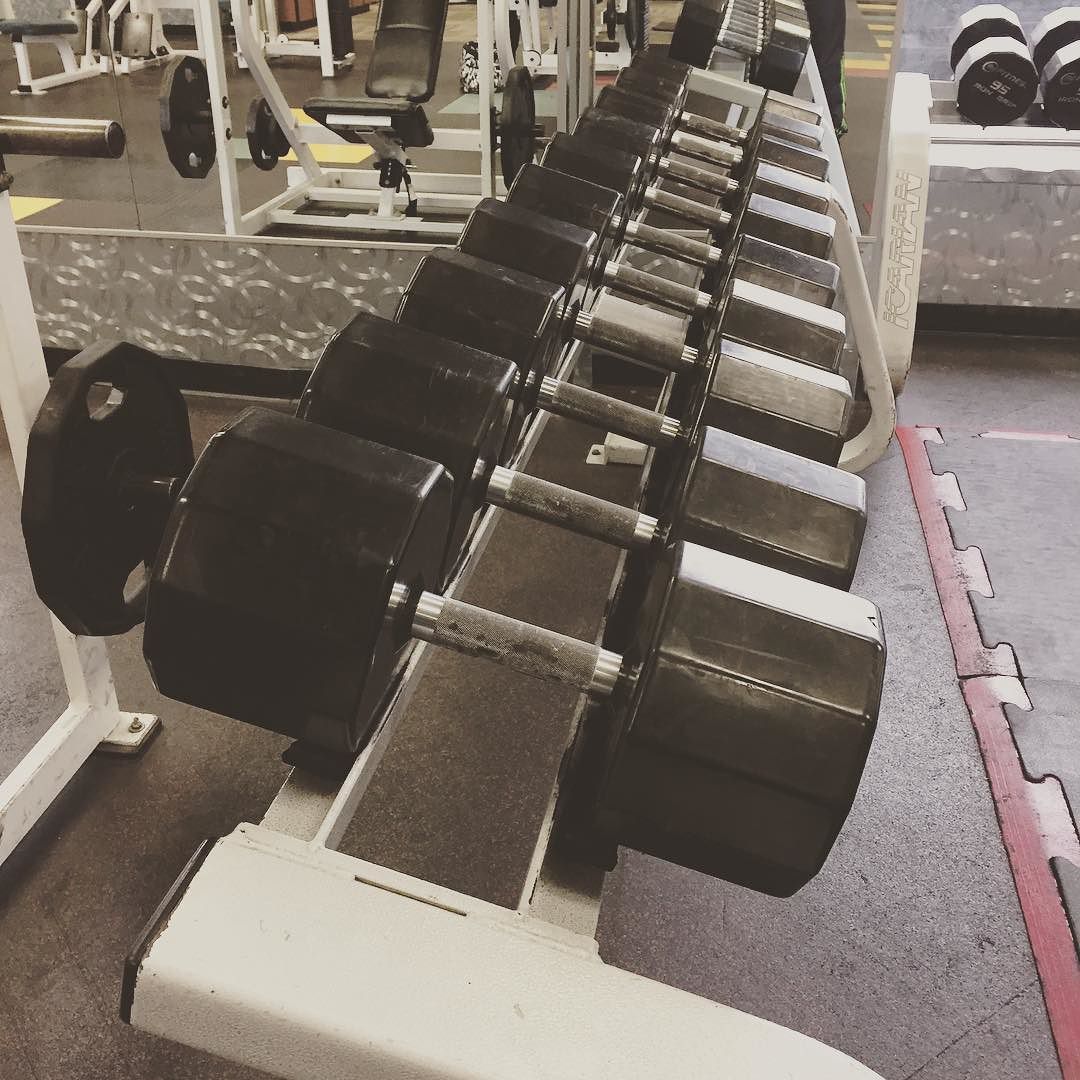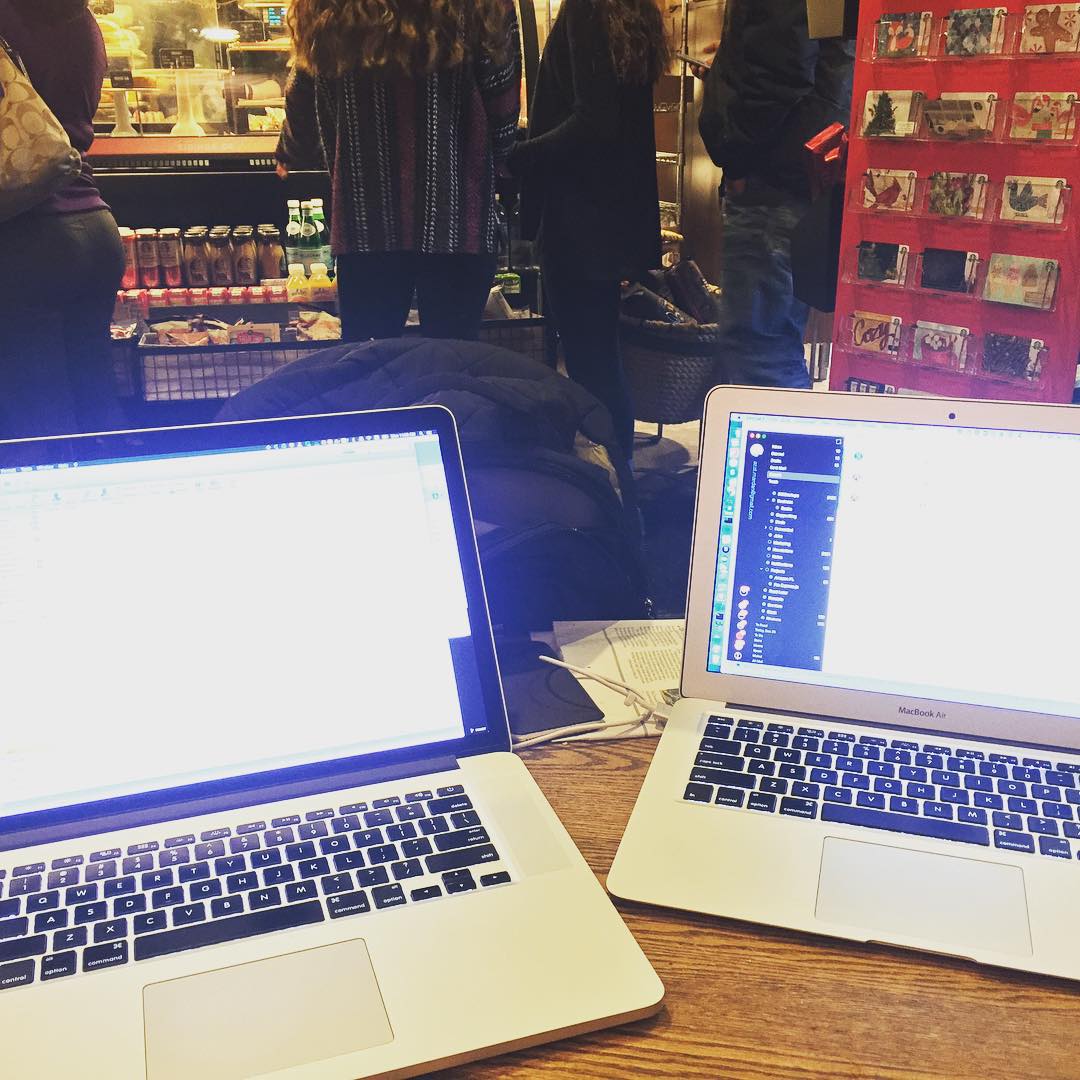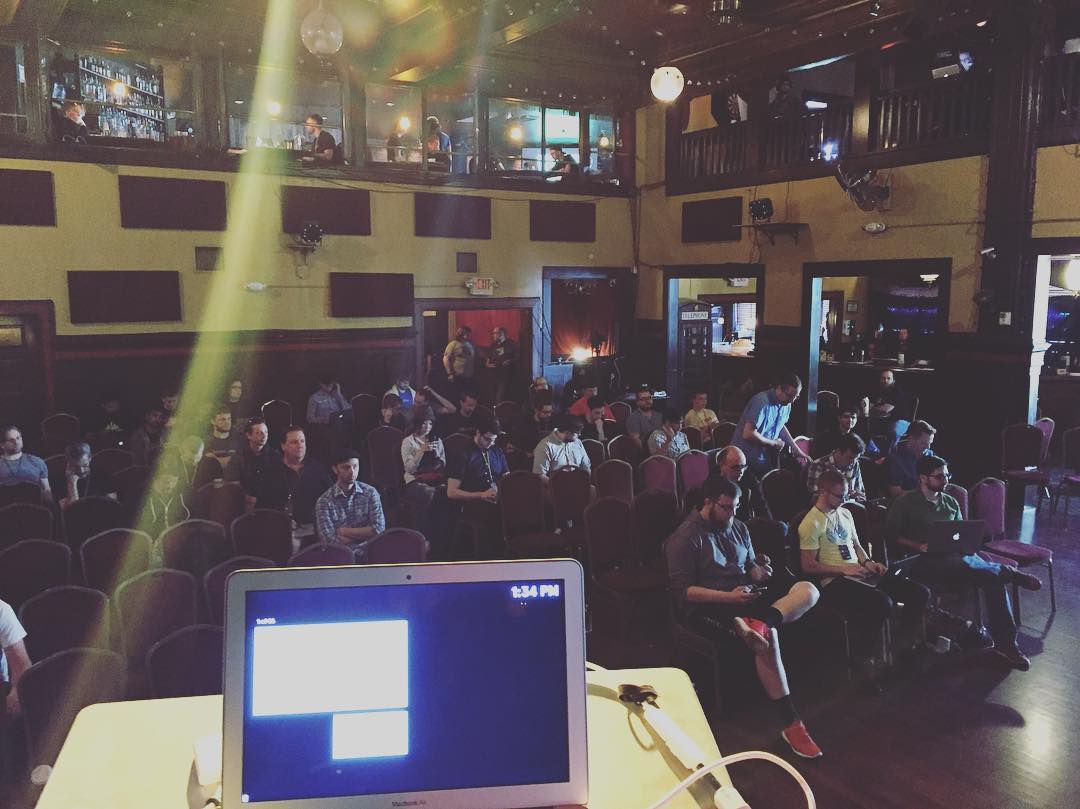August 26, 2016
Stop Reading Biographies
I recently finished listening to another biography. It was one of those 30-hour monsters! A typical audio book is 6-8 hours. Why these authors think more is better. No, no and no. In most cases they are wrong, because they end up filling the pages with unnecessary facts and speculations. For example, in Walt Disney: The Triumph of the American Imagination, author quotes his sources like its a freaking science book: with page numbers! Do I really care what in exactly what month each Disney movie was released and all the details of its production? NO! 🚫
So far I listened to three of them and all three of them despite high reviews (herd mentality?) are terrible, boring (even at 1.5x) and full of uncertainties:
- Titan: The Life of John D. Rockefeller, Sr.
- Steve Jobs
- Walt Disney: The Triumph of the American Imagination
About uncertainties—that’s my other beef with biographies. Why do authors have a need to psychoanalyze the hero? Just list the facts and move on. Why they feel the urge to present multiple accounts? Pick one side and tell a story. Humans love stories.
Also, they try to stay neutral. Authors need to have an opinion. It’s like talking to someone. That someone needs to have an opinion. Without authors having filters, it’s just a boring text book. Well, judging by the length they are textbooks! 📚
Note to myself: stop “reading” biographies. They are waste of time! Start reading and listening more to autobiographies instead. They are livelier, full of opinions which makes them congruent and just overall have better story lines sans boring facts… and they are shorter because interesting successful people understand that they shouldn’t waste other people’s time!
PS: I’m getting close to my new goal of 100 books per year with just 35 to go.






